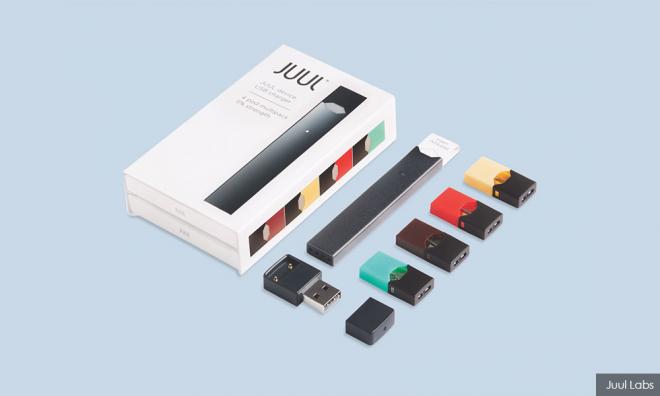
The embattled American vape company Juul is pushing foreign governments to ditch strict e-cigarette regulations as it aggressively expands across the globe in an attempt to offset lost profits in the United States.
Juul, which sells sleek e-cigarettes and flavoured nicotine “pods” that have become a craze among American teenagers, is planning to enter new markets in Europe, the Middle East, Africa, South America and Asia.
As it expands, the company has spent millions of dollars lobbying politicians in an attempt to pre-empt or roll back regulations on tobacco products, putting forward claims it cannot legally make in the US, the London-based Bureau of Investigative Journalism found.
Such efforts were undertaken in India, Vietnam and the Philippines, with regulators taking meetings with Juul representatives and in some instances, allowing them to consult on regulation.
In Indonesia, it has set up shop in areas where teenagers congregate, raising concerns that they are marketing to a youth demographic.
It has also launched glossy marketing campaigns that attempt to portray the company as a responsible alternative to smoking – a far cry from the adverts that landed the brand in hot water in the US.
Juul set up its regional headquarters in Singapore, but has not formally entered the Malaysian market, with products mostly sold via third party e-commerce websites like Lazada and Shoppee. Only one registered vape retailer in Malaysia sells Juul products.
Malaysiakini’s checks with relevant ministries found that Juul has not directly approached officials there.
Health Minister Dr Dzulkefly Ahmad confirmed he has not met with Juul representatives, but sources within the ministry say that the domestic vape lobby representatives have tried to seek meetings with decision-makers.
This comes as Malaysia looks to table regulations dealing with vaping next year - a move which industry players, including Malaysia E-Vaporizers and Tobacco Alternative Association (Mevta) have urged against.
Mevta estimates the Malaysian vaping market is valued at RM1.5-RM2 billion a year, serving about 1.2 million users.
Advertising blamed for hooking teens on nicotine
The company is facing hundreds of lawsuits, as well as state and federal investigations into claims its advertising hooked a generation of teenagers on nicotine.
Despite the mounting criticism in the US – including a raid by the Food and Drugs Administration on Juul’s offices – investor presentations show that its owner, Altria, is confident international revenues can offset the predicted slump in US growth. It hopes Juul’s global sales will match domestic ones within four years.
Lobbyists have suggested Juul devices can help people quit nicotine altogether, a claim the company would be banned from making in the US, according to transcripts of meetings seen by the Bureau of Investigative Journalism.
Juul's lobbying offensive includes offering to help governments write e-cigarette rules, despite the fact that tobacco companies are banned from interfering with public health policy under an international treaty.
Juul said it wants to work with regulators and policymakers to provide “an industry point of view on regulations”.
Experts are worried other countries could face their own teen vaping “epidemics” if Juul is not adequately regulated as it expands.
“Apart from the known harmful effects of nicotine on the developing brain, nicotine is addictive and can lead people, particularly young people, to take up more harmful forms of nicotine or tobacco consumption,” said Dr Vinayak Prasad, head of tobacco control for the World Health Organisation (WHO).
A recent wave of mysterious lung illnesses, causing dozens of deaths and thousands of hospitalisations in the US, has compounded Juul’s troubles, although the cases were linked to black market products and not Juul devices.
However, the cases have reignited fears over the safety of e-cigarettes and public health debate in which the benefits of switching smokers to a less harmful product are pitted against the risk that non-smoking teens take up vaping.
'The iPhone of e-cigarettes'
Juul was launched by Pax Labs in 2015, and within three years was America’s most popular vape. Dubbed “the iPhone of e-cigarettes”, it combined slick design with enticing flavours like “cool cucumber” and “creme brulée”.
Its first advertising campaign featured young models posing and dancing against brightly coloured backgrounds. Its ads appeared on huge screens in New York’s Times Square and page spreads in Vice.
It threw yacht parties, hosted rooftop cinema clubs and held concerts. The brand even funded summer camps for children as young as eight, and went into schools, advertising e-cigarettes as “totally safe”.
The devices, which could be used discreetly and without releasing much vapour, surged in popularity. High school students bragged of taking puffs during lessons without anyone noticing.
A language evolved among teenagers: “ghost ripping” meant taking a discreet drag; “Juuling” became a verb. On YouTube and TikTok, teens shared tips on blowing rings and shapes with vapour and decorating their Juuls with stickers.
Smoking rates in America fell sharply from 2013, with e-cigarettes like Juul contributing to the decline. Yet vaping has been accused of creating a new public health problem: addictions among non-smoking teenagers.
In 2011, 16 percent of high school students regularly smoked and just over one percent vaped; the number of smokers fell to eight percent in 2018, but the number vaping soared to almost 21 percent – more than had smoked before e-cigarettes took off. The FDA declared it an “epidemic” and said Juul was responsible.
Juul said: “We have never marketed to youth and do not want any non-nicotine users to try our products.”
Juul has been hit with hundreds of lawsuits in which Americans claim they were not warned about the potential dangers of vaping, or that the products contained nicotine. Juul disputes this.
Some allege they have suffered respiratory issues, seizures, strokes, mental health and behavioural problems as a result of their addiction to Juuling. Lisa Vail, from Florida, told the Bureau of Investigative Journalism that she believes her 18-year-old son Daniel died from respiratory problems due to a Juul addiction.
The company has until May next year to submit an application to the FDA to continue selling its products. It will need to prove they are “appropriate for the protection of public health”.
A host of cities and states have tried to ban vapes like Juul or flavoured nicotine, including a blanket ban in its home city, San Francisco. As it fought these measures, Juul’s bill for lobbying in Washington soared from US$120,000 (close to RM500,000) in 2017 to more than US$3 million (RM12.44 million) in the year so far.
Elsewhere, it gave nearly US$19 million (about RM78 million) to support PropC, a ballot measure to overturn San Francisco’s vape ban, which was unsuccessful. It set up The Switch Network, recruiting members of the public to contact state and local politicians to promote vaping. Critics accused it of “astroturfing”, dressing up a well-funded lobbying campaign as a grassroots movement.
Altria told investors it expects hardly any earnings from Juul this year as it expands abroad. Juul has launched in 21 countries outside the US, including Canada, Russia and much of Europe, but has plans to open in more markets across Europe, the Middle East and Asia-Pacific, and has advertised jobs and lobbied governments in South America.
Helping Vietnam to re-write vaping rules
In 2003, a landmark international treaty from the WHO was ratified by more than 180 countries. One key clause asks governments to protect public health policies from the vested interests of tobacco and e-cigarette companies, limiting interactions and avoiding partnerships.
However, the Bureau of Investigative Journalism has found concerns that Juul is seeking to shape how countries write the rules that will govern its products, in violation of the treaty.
In a private meeting with a government minister in Vietnam in August this year, lobbyists said Juul was working with a “number of ministries” formulating the country’s new decree on vaping.
They offered to consult with the Ministry of Health on the new law, according to a transcript of the meeting seen by the Bureau. Juul told the Bureau that the interaction did not violate the treaty.
“Juul clearly has a systematic global strategy to meet with government officials in private, behind closed doors,” said Matt Myers, president of the Campaign for Tobacco Free Kids.
“(It) is exactly what the tobacco industry did: replace good science and good evidence with well-paid lobbying and PR firms which operate in secrecy.”
Juul lobbyists have been telling officials the company’s products can help people quit smoking, a claim the company cannot make in America because the FDA has not approved e-cigarettes for smoking cessation.
To do so, the FDA would have to review the evidence, only some of which backs the claim. Other studies have shown that people continue to smoke and vape.
Claims that Juul could wean smokers off nicotine
In the meeting in Vietnam, a Juul lobbyist claimed its products could help wean people off nicotine entirely. He said: “What you can do, is when someone transits from a cigarette to Juul, you can eliminate the combustion and you can offer them lower strength pods over time... Over time, with our technology, we can then address the second phase and migrate people down nicotine to zero consumption.”
The lobbyist added that the company is looking to explore whether vitamins could be vaped as a more effective way to get them into the bloodstream, which concerns experts who say there have been no long-term studies on the safety of absorbing nutrients through the lungs.
An ambassador from a southern African country, who wanted to remain anonymous, told the Bureau that Juul lobbyists gave him the same pitch. He said: “They said they had success stories of people heavily addicted to smoking who switched to Juul and then quit nicotine altogether.”
In Indonesia, campaigners are concerned about Juul’s rise. At Cilandak Town Square, a shopping centre in Jakarta, the Juul shop is its largest in Asia.
Dr Rafendi Djamin, of the Indonesian National Civil Society Coalition on Tobacco Control said that the company was aggressively expanding, while e-cigarette regulations had been in limbo for two years.
Rafendi said: “It has set up kiosks in places that teenagers hang out.” He fears a rise in teen vaping on top of the country’s soaring teen smoking rate. “Vaping in public has become stylish for young people. They idolise vaping.”
Israel ban as strong nicotine pods 'risk health'
Juul has been fighting restrictions on its products since its global expansion began. Its first international market was in Israel, where it launched in May 2018.
Within three months, it had been banned by the government because officials believed Juul's stronger nicotine pods were “a grave risk to public health”. Juul launched legal action, with the case to be heard this month, and began a pro-vaping PR campaign.
In India, Juul was said to have captured a third of the booming e-cigarette market before it had formally launched. In preparation, the company hired PR companies and think-tanks to seed the media with messages about the benefits of e-cigarettes.
However, just as Juul was set to start selling there officially, the central Indian government banned vapes, fearing e-cigarettes were a growing health risk to young people.
Soon Plume Vapours and another local e-cigarette importing company filed petitions against the ban.
When the case was opened at a Calcutta court in October, two Juul officials were said to be sitting beside Plume’s founder. Defending the ban, the Indian solicitor-general Aman Lekhi told the court this was a “proxy case for Juul”.
Juul told the Bureau it has “supported Plume Vapours in the past,” but is not part of the legal case.
Fighting e-cigarette taxes in the Philippines
After launching in the Philippines in June this year, Juul is now fighting the government’s proposal to raise taxes on e-cigarettes.
During hearings in the Philippine Senate in September, Kenneth Bishop, president of Juul Labs Asia-Pacific, claimed that Juul’s products should be taxed less because they were less harmful.
Bishop said: “We have done some things that we are not proud of in the past, but we have taken aggressive and industry-leading actions to mitigate any risks of exposing our products to youth or appealing to youth.”
Yet, fearing a surge of vaping-related illnesses, the Philippines’ Department of Health has now asked all hospitals to formally report any cases.
Juul told the Bureau it is not fighting taxation but wants a framework that reflects potential benefits of e-cigarettes to smokers.
"Our products have only been intended to be a viable alternative for the one billion current adult smokers in the world.
"We have never marketed to youth and do not want any non-nicotine users to try our products," it said. - Mkini



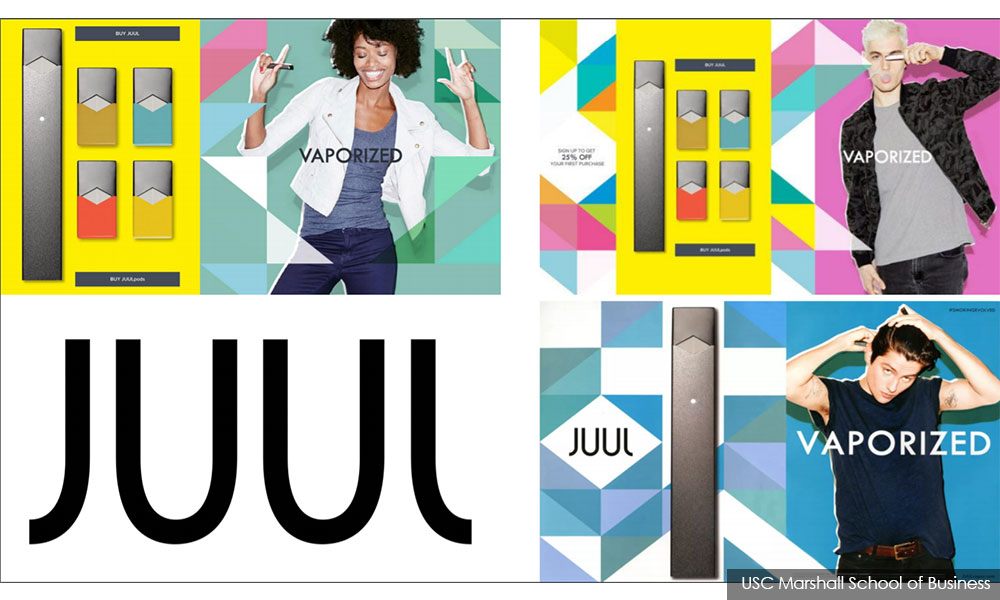
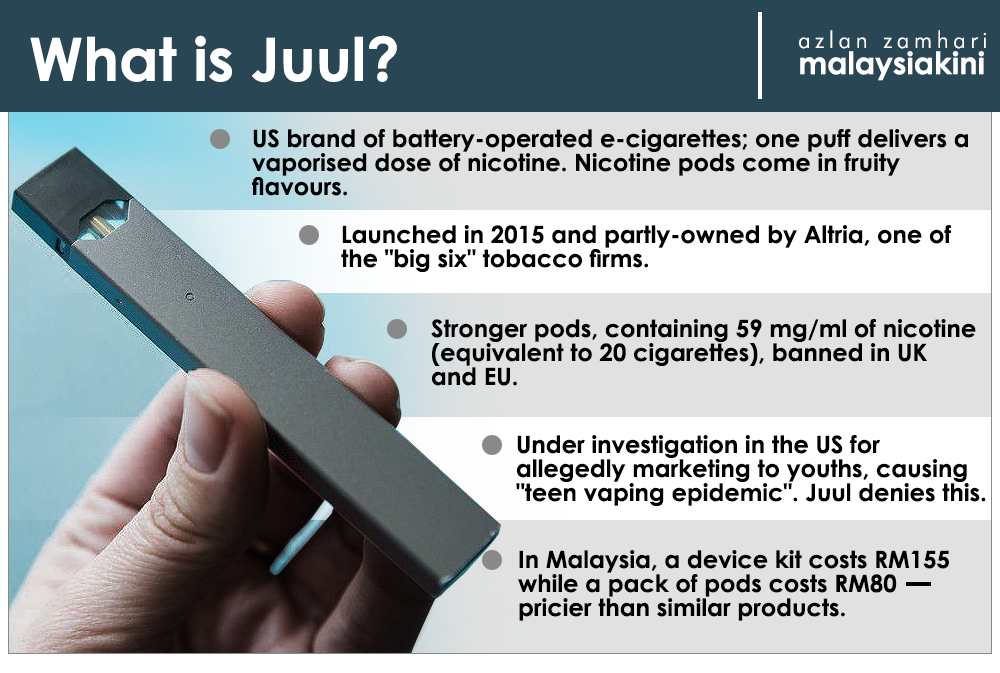
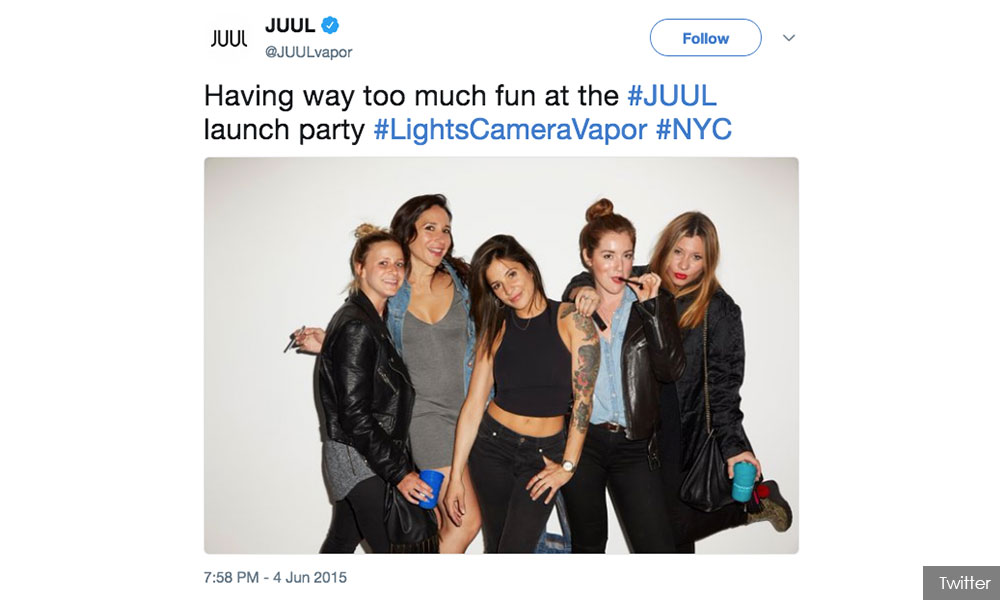
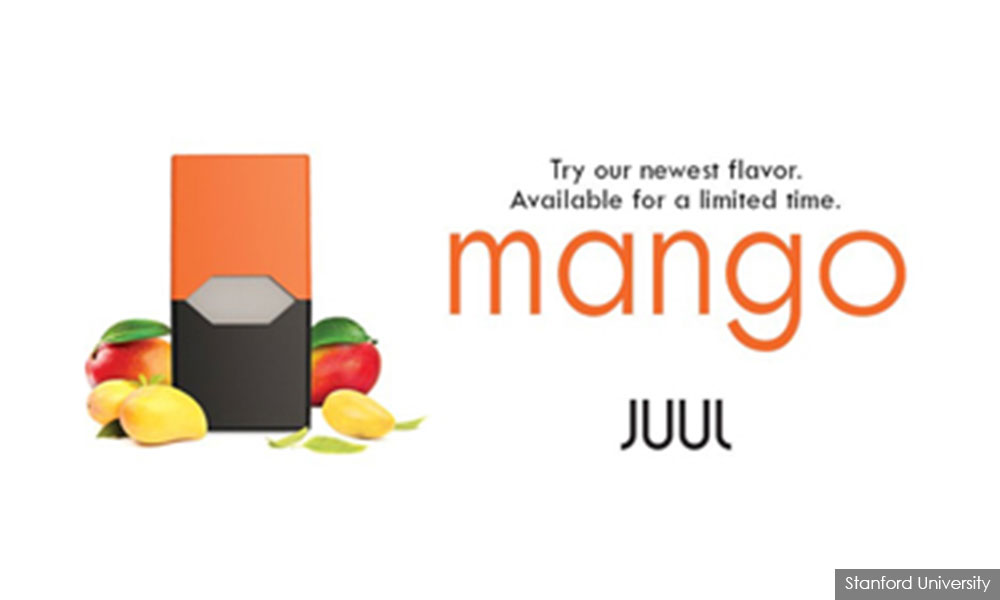
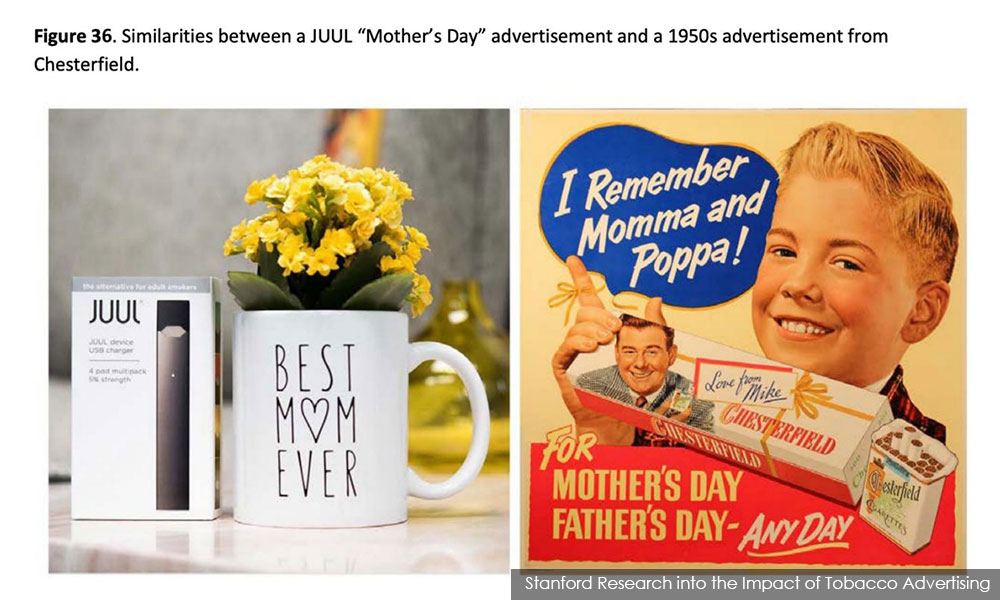

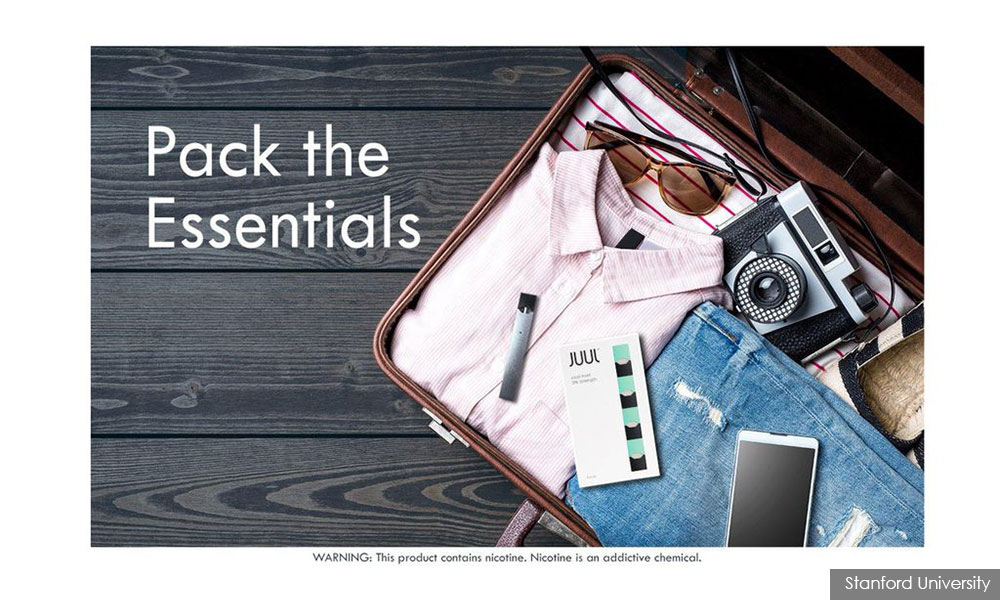
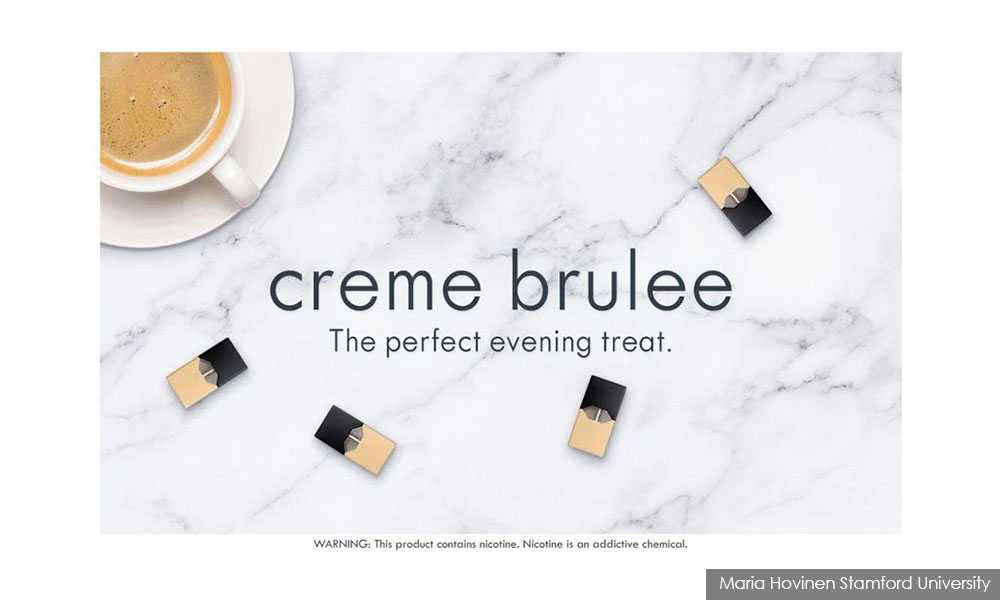
Maybe you can have a try for the vape pen kits because they are portable with high performance. Now I introduce you the best vape pen kit from Freemax - Freemax Twister, with twist style variable wattage function. You can easily switch the output wattage from 5- 80 watts from the base. It will bring you the best flavor paired with Freemax Fireluke 2 Mesh Tank.
ReplyDelete